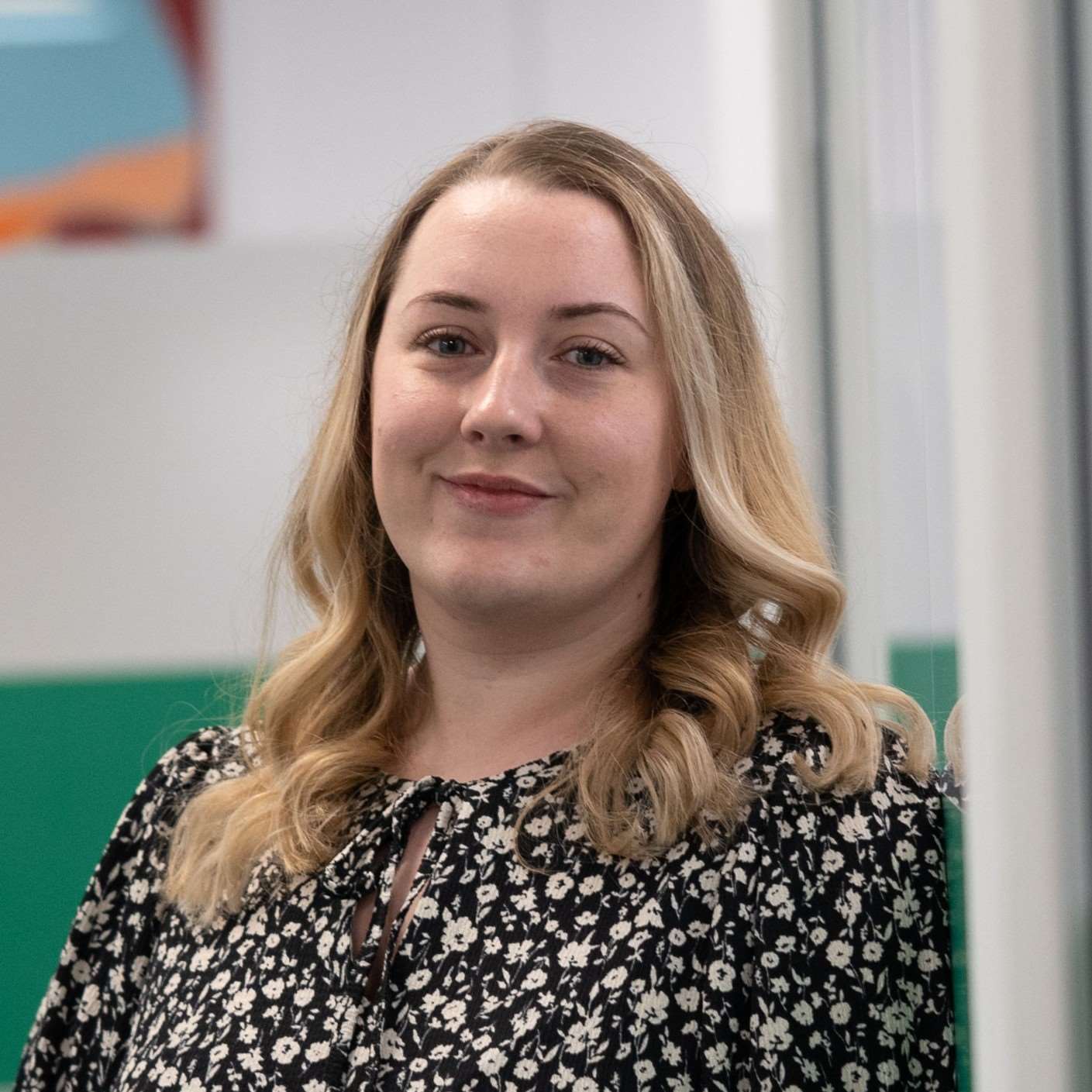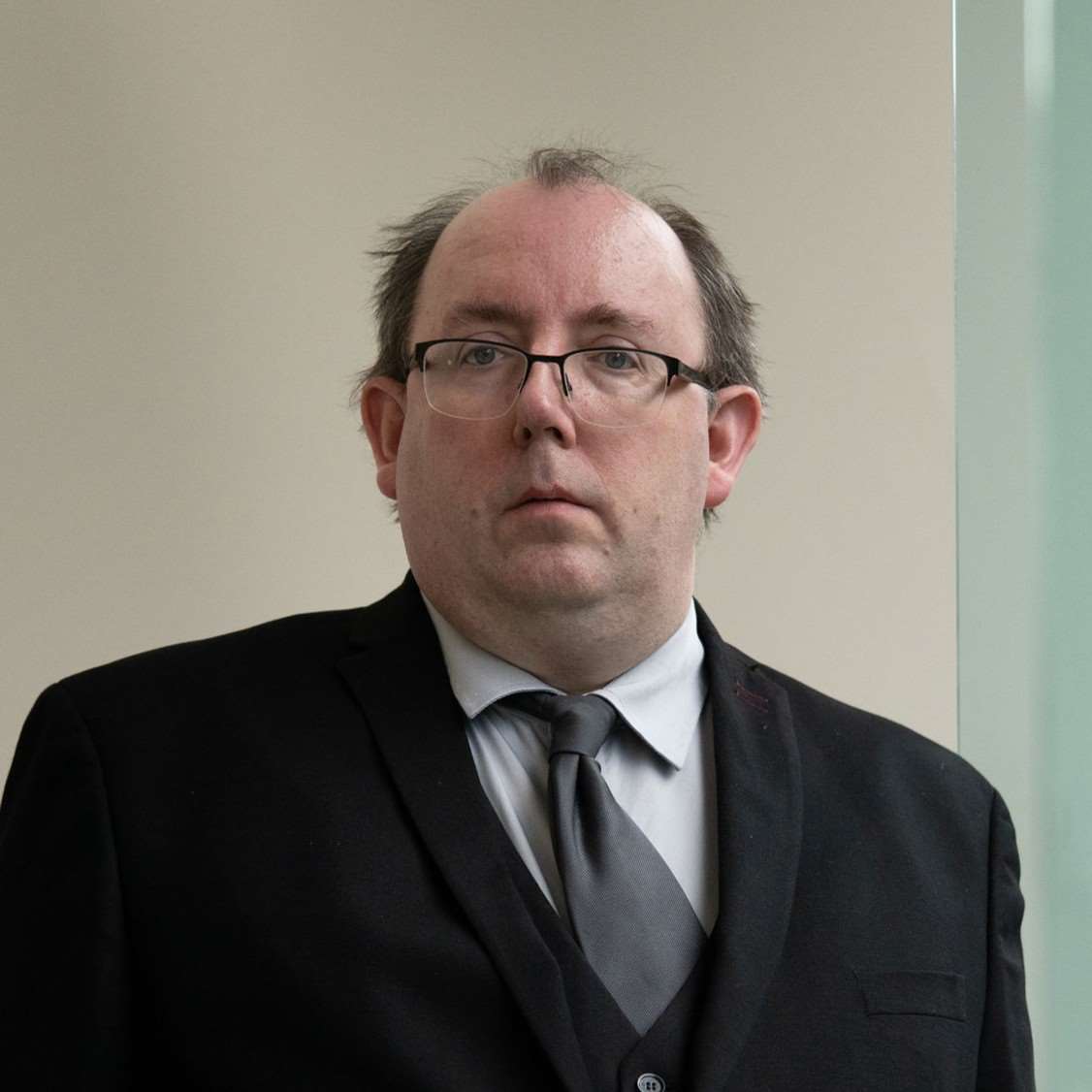What does an attorney acting under Property and Financial Affairs LPA actually do?

What are the important responsibilities for acting as an attorney under a financial and property LPA?
Stephanie Chung, solicitor in the Private Client team at Wake Smith, explains, in the second of two articles on Lasting Power of Attorney (LPA).
This will cover:
- Why have you been chosen?
- What is your role?
- Can you use it immediately?
- The Mental Capacity Act 2005 Principles of Code and Practice
- What is the in donor’s best interest?
- Limits of the powers to make gifts
- Managing finances
- Keeping accounts and financial advice
- Other responsibilities
Why have you been chosen?
This Lasting Power of Attorney (LPA) made by the donor gives you power to deal with their property and financial affairs. As the attorney, you must only do such things as the power allows you to do, and not delegate the role to another person. It does not give you power to make health or welfare decisions on behalf of the donor.
If you have been appointed with another person, you have to deal with all matters together (a joint appointment); or you can act together or independently (with a joint and several appointment); or some decisions together and some independently (through a hybrid appointment). Attorneys are expected to consult with each other, and keep one another informed about what they are doing.
What is your role?
The role of an attorney is one of responsibility so professional advice tailored to your own circumstances is advised.
Can you use it immediately?
Once the power has been registered with the Office of the Public Guardian and, provided there are no conditions or restrictions preventing you from acting at this point, you may use the power
immediately. You should only do what the donor wants you to do and always act in their best interest.
If there is a condition in the power which prevents you from using the power until the donor is mentally incapable of managing their financial affairs, you will usually need to produce evidence of the donor’s incapability to third parties, such as banks and building societies before they will accept your authority.
The Mental Capacity Act 2005 Principles of Code and Practice
When acting under the Lasting Power of Attorney you must follow the Principles set out in the Mental Capacity Act 2005 and have regard to its Code of Practice.
This means:
- You must assume that the donor can make their own decisions unless it is established that they cannot do so because they lack mental capacity.
- You must help the donor to make as many of their own decisions as possible.
- You must not treat the donor as unable to make the decision in question unless all practicable steps to help them to do so have been made without success.
- You must not treat the donor as unable to make the decision in question simply because the donor wishes to make a decision you consider is unwise.
- You must make decisions and act in the donor’s best interests when they are unable to make the decision in question.
- Before you make the decision in questions or act for the donor, you must consider whether you can make the decision or act in a way that is less restrictive of the donor’s rights and freedom but still achieves the purpose.
- It is important that you consider the Code when making decisions as failure to do so may result in your removal as an attorney.
What is the in donor’s best interest?
Decisions as to what is or is not in the donor’s best interest are not always easy.
You must consider all the relevant circumstances, particularly:
- the likelihood of the donor recovering in the foreseeable future and being able to make the decision;
- the donor’s past and present wishes and feelings;
- the donor’s beliefs and values that would be likely to influence their decisions if they had capacity; and other factors that the donor would be likely to consider if they were able to do so.
You must also involve the donor in decisions as far as practical. If appropriate, you must consult with caregivers, relatives and/or friends or others, such as your co-attorney or a court-appointed deputy who also has an interest in the donor’s welfare.
Limits of the powers to make gifts
If the donor hasn’t included restrictions or conditions on the power which limit you from making gifts you may only make gifts on customary occasions, such as birthday or wedding presents, provided it is for a friend or relative (including yourself).
- Gifts can also be made to a charity if the donor has made such gifts in the past or if not, in the circumstances they might be expected to make gifts to the charity.
- However, the size of the gift must be reasonable in the circumstances and in relation to the size of the total value of the donor’s assets. You should be cautious to avoid interfering in succession rights under the donor’s intended will or their intestacy and if the donor might need the asset for their own use in the future.
- The power cannot be used to make larger gifts, even if the donor has sufficient mental capacity and asks you to make the gift on their behalf. If the donor lacks mental capacity and you wish to make larger gifts, you should get authority from the Court of Protection.
- You are able to use the donor’s money to maintain their spouse, civil partner, cohabitee, or the donor’s child if under 18.
- This is subject to any maintenance payment being reasonable in the circumstances and affordable for the donor. There is no set sum you can give or pay for maintenance – it depends on the donor’s financial position, their own financial needs and the circumstances.
Managing finances
Banks and other financial institutions have different ways of dealing with attorneys.
Some will allow you to continue to operate the donor’s account whilst others will wish a
new account to be opened.
- If you operate an account for the donor, you should sign your usual signature and then underneath, sign the words ‘as attorney’.
- If you have to open a new account it should be opened in your name ‘as attorney for’ the donor.
- You should not open an account in your name without identifying that the asset belongs to the donor, as this may cause complications with your own financial affairs. If it is not possible to hold the asset in this way, it is appropriate to identify the true ownership in a ‘Declaration of Trust’.
- Even if the donor may at times struggle to remember information and events, in law it does not mean they cannot make any financial decision. You should try to support the donor to make those decisions they are able, and involve them in the decisions you plan to make on their behalf.
Keeping accounts and financial advice
If the power doesn’t include a condition that you prepare and produce accounts or provide financial statements to be checked, you still have a duty to keep accounts.
The Office of the Public Guardian could ask you to account for your dealings with the donor’s money.
You must not use the donor’s money or property for your own benefit; even if it were a loan or you believe the donor would agree to this, if they were mental capable.
If the donor lacks mental capacity, such action must be authorised by the Court of Protection.
You must act using reasonable standards of care and skill.
You should consider taking independent financial advice on how best to invest and hold funds belonging to the donor.
Other responsibilities
An attorney must act with honesty, integrity and in good faith. You must keep the donor’s affairs confidential, unless legally required to disclose information.
You are not allowed to be paid for acting as an attorney, unless the donor has authorised it in the power. You can recover reasonable out of pocket expenses which have been personally incurred. These should be made transparent from the donor’s own expenses.
If you are considering making an LPA, take professional advice tailored to your own circumstances. For further advice contact Stephanie Chung on 0114 224 2114.
Published 01/03/22

About the author
Solicitor in Wills and Probate










